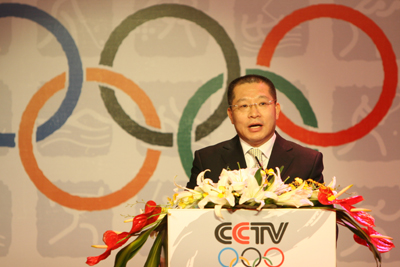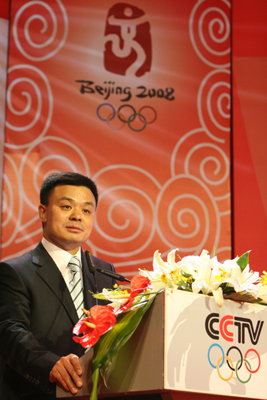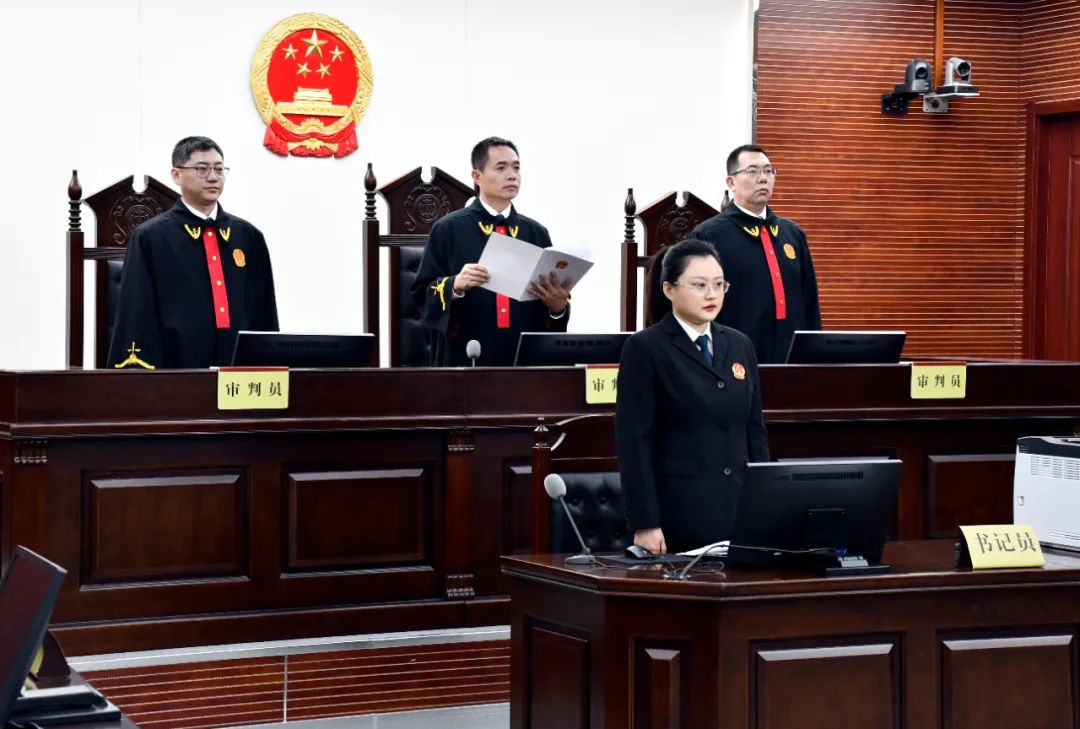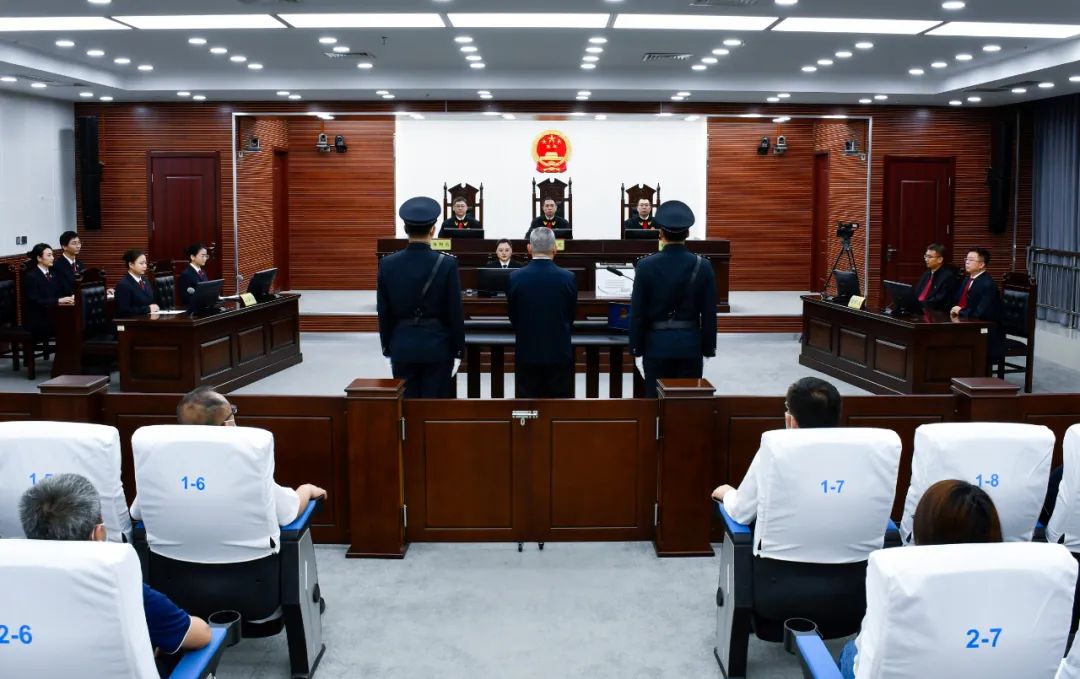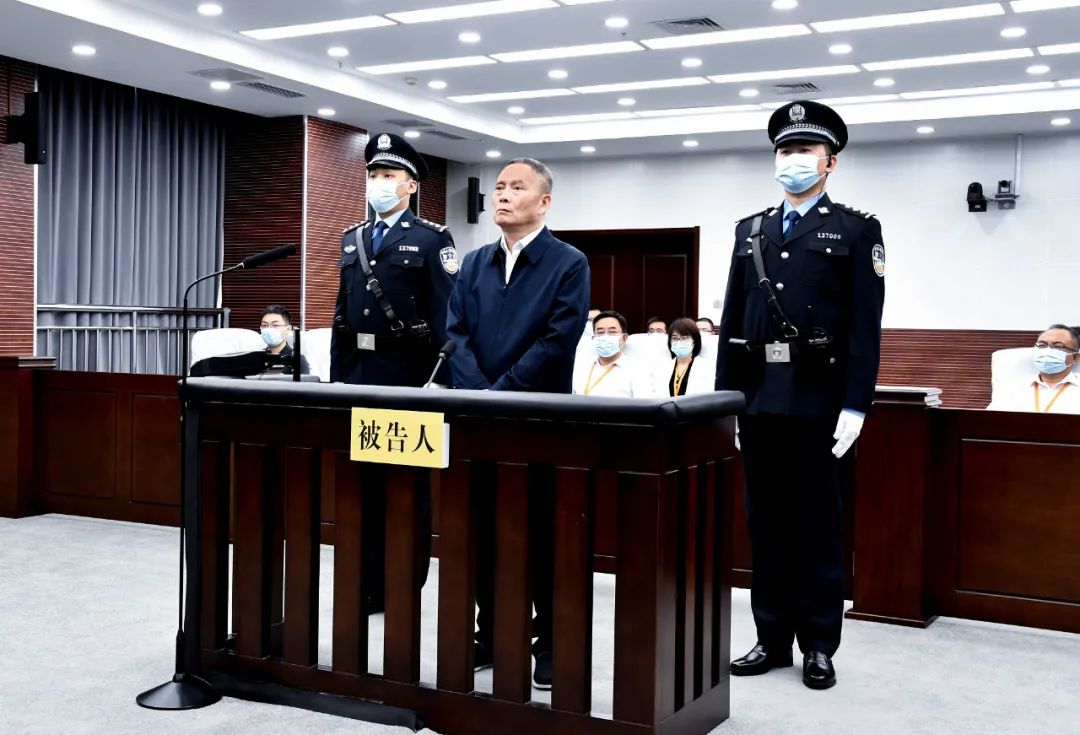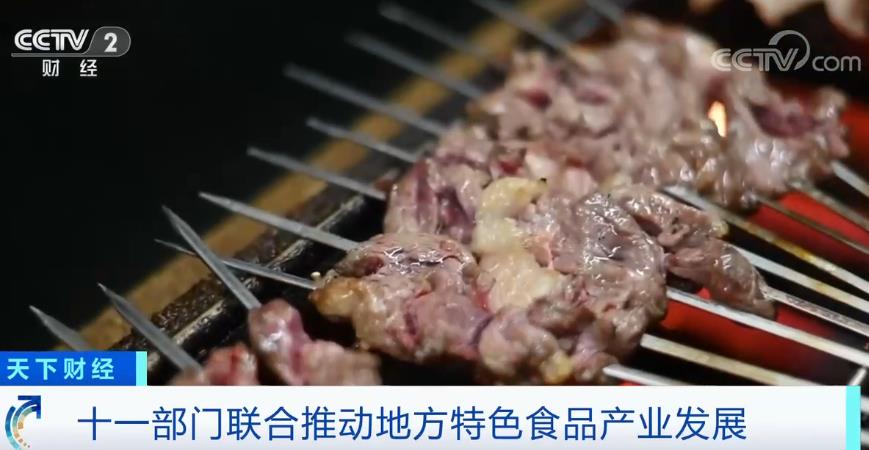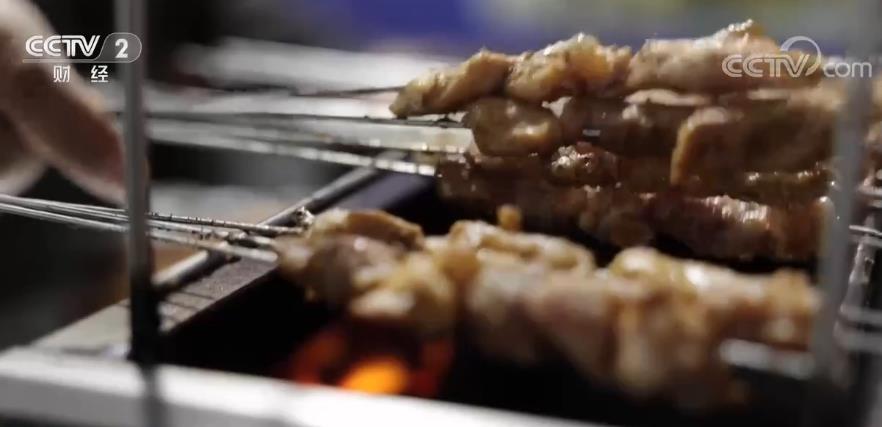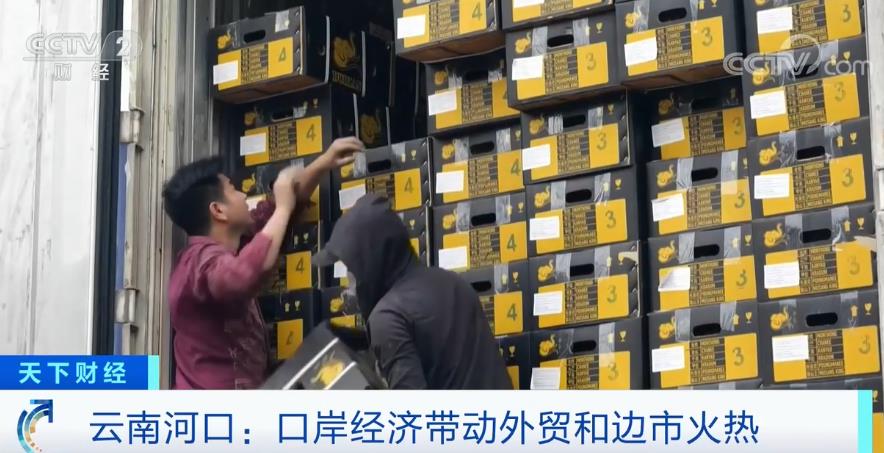Principal’s advice! The correct "opening way" of family version’s young connection
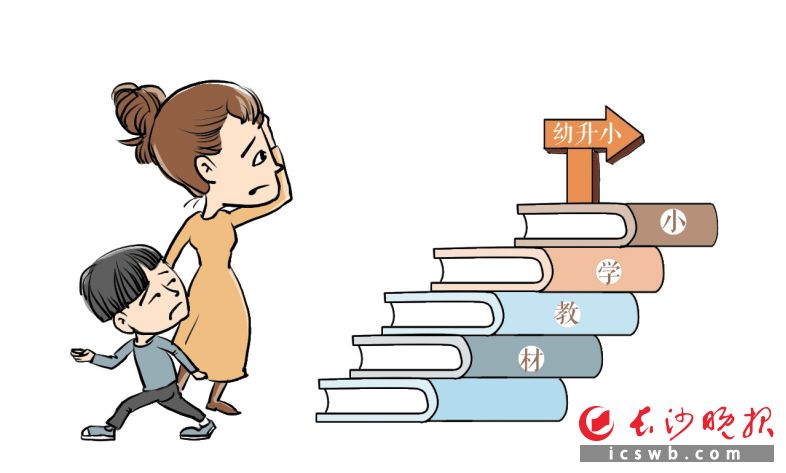
Comics/He Zhaoxia
Changsha Evening News All-Media Reporter Shu Wen
Not long ago, the official announcement of Changsha Education Bureau that "starting from April 25th, Changsha Primary School will resume classes at the wrong peak" made many parents of primary school students relieved. In sharp contrast to the joy of parents of primary school students, it seems difficult for parents of kindergarten students who have started school irregularly to calm down: their children will go to primary school in the second half of the year, and now they will enter May, and they will stay at home and watch TV and play games. Will it affect the connection between young and old? The time of children in large classes in the park is shortened, and the training institutions are not yet open. How can parents help their children to make a good connection at home? The reporter interviewed many senior kindergarten directors and well-known primary school principals in Changsha to give advice to parents.
Stories alleviate the anxiety of young children’s connection, and parents buy textbooks to learn first.
Although the Ministry of Education explicitly proposed "zero starting point" enrollment, at this time last year, many parents transferred their children to a young connecting institution to learn some primary school knowledge in advance to adapt to the schedule of primary schools because they were worried that their children would lose at the starting line. However, this year, affected by the epidemic, not only the start time of kindergarten has not been clear, but also the training institutions listed in the final approval list are waiting. Undeniably, the lack of home cooperation and training institutions to help, the pressure of young convergence naturally falls more on parents.
In such a special period, the days passed quietly while waiting, which made the heart of Ms. Shen, the parents of large kindergarten students, more and more tight. She originally planned to send her children to a training class when the school started in the spring to make up for the young connection. However, the school start time has not been fixed, and she and her husband have to work during the day, so the children can only be taken care of by the elderly, resulting in the children being in a state of stocking almost all day. "I’m really worried that the child will suddenly switch from playing now to studying after school. Can he adapt?"
Like Ms. Shen, Ms. Chen has her troubles. In the second half of this year, her children will become first-grade primary school students, which makes her happy and worried. Happily, children will enter a new stage of life; Worryingly, the kindergarten starts late, and the young connection pressure on her and her husband is not small. "This semester’s kindergarten study is basically abandoned, and how to prepare for the child’s young connection" tests Ms. Chen and her husband. In order to relieve anxiety, she bought a textbook for the first grade and last semester, and studied it with her husband first.
"We can’t be ignorant of his learning content." After some research, Ms. Chen is confident that her children can master this knowledge. She told reporters that from the end of February to the present, in accordance with the principle of combining work and rest, in addition to arranging Chinese, mathematics and English knowledge study for children, she also interspersed poetry reading, picture book reading, calligraphy practice, skipping rope, roller skating and other sports. "It is only tentative to let children do some knowledge reserves in advance, without any assessment." Ms. Chen said that studying in advance may make children more confident about going to primary school, but after entering primary school, children may not listen carefully because they understand.
The survey is worried that children can’t keep up with their studies, and over 60% of parents will report to the young bridging course.
At present, how to do a good job of connecting young children is not only an urgent problem for parents of kindergarten students in large classes, but also the focus of education departments. In order to understand parents’ understanding and confusion about the connection between young and old children and their adaptability in primary schools, so as to grasp the future direction of parents’ education, not long ago, under the guidance of Yuelu District Education Bureau, Bocai Education Group distributed questionnaires to 2,102 kindergarten parents in the form of online questionnaires. The survey shows that many parents have different puzzles about the connection between young and young.
Many parents are worried about whether their children can smoothly adapt to the study and life of primary schools after attending primary schools, such as whether they can concentrate on lectures, whether they can adapt to the teaching methods of primary school teachers, whether they can take good care of themselves, and whether they can get along well with their classmates. There are also parents who worry from themselves, such as not being able to pick up their children too early after school; There are also a few parents’ worries from schools, such as campus safety and campus violence.
When answering the question "You will enroll your child in the young bridging course", over 60% of parents said "Yes". Among them, 58.75% parents think it is "very necessary" because they are worried that their children can’t keep up with their studies; 6.47% of parents think that other children have gone to school and their children can’t fall behind. Another 20.08% of parents said that they would not report, on the grounds that they would teach.
In addition, many parents who participated in the survey have doubts about what should be prepared and done in the early childhood bridging education, so that children can smoothly transition from kindergarten to primary school, and how to cultivate their various habits and skills.
"Through the feedback of literature and questionnaires, we can know that parents’ understanding of young convergence has made great progress compared with previous years. They no longer simply think that young convergence is only to teach children to read and count, but more importantly, to cultivate children’s good study habits and living habits. However, parents still have doubts about specific measures." The relevant person in charge of Bocai Primary School said in the investigation report.
Young convergence of views ≠ Parents should be patient and wait for the children who have just entered the school.
So, what can parents do to help their children make a good connection? Well-known primary school principals and senior public kindergarten directors in Yuelu District expressed their views.
Peng Qingqing, director of the Eighth Kindergarten of Yuelu Preschool Education Group, believes that when parents help their children to make young connections, they should first correctly define young connections. She said, "Young convergence ≠ Learning primary school content, learning quality training is far more important than learning knowledge and skills preparation. " She said, "From the perspective of the turn of education in the world today, it is from knowledge-based education to the cultivation of learning quality. Among them, learning quality refers to the positive attitude and good behavior tendency of children in the process of activities, including learning interest, learning habits, learning attitude and learning ability. "
Peng Qingqing suggested that parents should not only pay attention to the cultivation of their children’s learning quality, but also make their children well prepared for psychology, life, material, knowledge and sports. For example, help children prepare psychologically and stimulate their yearning for primary school life. When preparing for sports, you can help your child practice skipping, playing ball, running and other sports. "When entering primary school, it is necessary to carry out a sports compliance test, and the child’s physique, physical fitness and athletic ability must keep up. Studies have proved that skipping rope and racqueting can also cultivate children’s concentration. "
Long Sheng, the principal of Bocai Boarding Primary School, said that children in the young convergence stage have some characteristics and needs, and if parents understand them, they can be more patient. "6-year-old children’s cognitive ability and development level are not consistent. It is normal to have differences before and after. There is no right or wrong, and temporary backwardness should be allowed. In the face of many changes, the first psychological nutrition that children need in the young transition period is: a sense of security. " Longsheng said that the second demand of children at this stage is role model demand. They need to learn how to learn, how to manage their emotions and how to deal with problems in life, and this learning comes from an example, and parents are the best models.
"The basis of all learning abilities in the future is determined by whether you get enough psychological nutrition before the age of 7. Safety, example and recognition … … These are all psychological nutrition that children need. If you get it, children will naturally have the vitality to explore and learn new things; If he doesn’t get it, he will spend a lot of life energy to find unsatisfied psychological needs. Therefore, in the key steps of children’s growth, parents should be slower. Slow means feeding the child well first and giving him physiological and psychological nutrition; Slowness means creating high-quality parent-child relationship and teacher-student relationship first; Slow means waiting for a child to let his nature grow well. "
While advocating "slow education" and advising parents to be patient, Longsheng also put forward the view of "critical period", that is, growth is more important than children’s grades. "In such a critical period, what is the most critical, to cultivate? Years of educational work have made us realize that children should be cultivated when entering primary schools ‘ Freedom in rules ’ … … The process of helping children establish rules and habits is not simple and rude ‘ Pull weeds ’ , but should be ‘ Planting crops by throwing seedlings ’ The process. On the basis of rules, give them freedom of mind and thought. " Long Sheng said.
Worried that children can’t adapt to primary school? Try these six tricks.
What should parents do to help their children adapt to primary school study and life? Li Hui, the principal of the first primary school in Yuelu District, combined with 30 years of primary education practice, summed up the experience of six tricks to make children adapt to primary school life quickly.
These six tricks are: playing "family drama of primary school life" with children; One-day tour of primary school campus with children; Adjust your child’s schedule one month in advance; Adapt to not taking a nap; Develop three exclusive chores for children and cultivate their awareness of completing tasks on their own initiative; Establish a special study area for children and cultivate their concentration.
Taking the "Family Drama of Primary School Life" as an example, Li Hui suggested that parents can use 10 minutes to open a small family class every day, and family members can play the role of teachers and students in class, play games and make friends, so that children can learn to listen, learn to express and make friends on their own initiative. In terms of cultivating children’s awareness of actively completing tasks, she said that parents can arrange some tasks for their children every day, such as sweeping the floor, watering flowers, folding quilts and taking out garbage. After practicing for a month, children will build up the consciousness of actively completing tasks, so they don’t have to worry about their procrastination in doing homework and doing things, so as to avoid the trouble of parents nagging their children to do homework every day and urging them to "hurry up" in the future.

